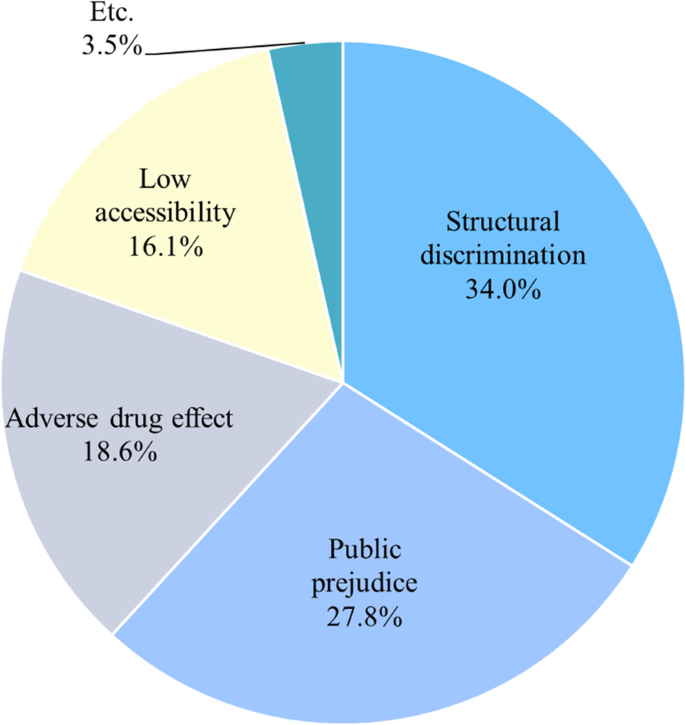Breaking Down Stigmas Around Mental Illness: The Crisis of Care in South Korea

In South Korea, the number of patients with mental illnesses is on the rise, yet the availability of psychiatric wards is decreasing. Last February, Soonchunhyang University Hospital in Yongsan, Seoul, closed its psychiatric ward, which was designed for severe and emergency cases. Originally, the hospital had 21 beds, but due to a shortage of medical staff following conflicts with the medical community, it has temporarily halted the admission of severe psychiatric patients.
Other major hospitals, such as Uijeongbu St. Mary's Hospital, have also eliminated their psychiatric wards in recent years. Professor Ahn Seok-kyun from Severance Hospital stated, "University hospitals are where acute patients receive quality care, and now they are losing their places to go."
Conversely, the number of patients being involuntarily admitted to mental health facilities is increasing. According to the National Police Agency, the number of emergency admission requests rose from 7,591 in 2019 to 18,066 last year, more than doubling. This system allows third parties to temporarily admit individuals deemed at high risk of self-harm or harming others.
As the prevalence of mental illnesses, ranging from mild depression to severe conditions like schizophrenia, continues to grow, the importance of psychiatric treatment is becoming more pronounced. However, the workforce and infrastructure for mental health care are deteriorating.
Despite the rising number of patients, the number of psychiatric doctors in hospitals is declining. The Ministry of Health and Welfare reported that the number of closed psychiatric beds in general hospitals decreased from 955 in 2015 to 914 last year, even as the number of general hospitals increased from 42 to 47. This is attributed to lower reimbursement rates for psychiatric services compared to other medical fields, and there are no requirements for general hospitals to maintain closed wards.
The lack of available beds has led to a mixing of patients with varying severity of conditions, resulting in a poor treatment environment. Severe and acute patients are often housed with less severe chronic patients, which can create traumatic experiences that deter individuals from seeking future treatment. One patient, who was admitted to a psychiatric ward in 2022, shared, "I was in the same room with schizophrenia patients, and it was so difficult that I never want to go back."
For patients with serious mental illnesses, psychiatric wards in university hospitals, which have surgical and other supportive departments, are essential. Professor Hong Chang-hyung from Ajou University Hospital noted that psychiatric patients frequently arrive at emergency rooms, and general psychiatric hospitals cannot treat injuries like fractures or organ damage that may occur during crises.
The situation is similarly dire in general psychiatric hospitals, which are often frequented by chronic patients. A representative from the Korean Association of Mental Health Institutions stated, "Due to legal liabilities and negative perceptions of psychiatric hospitals, many are considering closing or reducing their number of beds. If psychiatric hospitals continue to close, chronic patients will have nowhere to go."
While the number of mental health clinics has increased, from 990 in 2017 to 1,688 in 2023, this growth is overshadowed by the outflow of limited psychiatric specialists from hospitals to private practices. The number of psychiatrists in clinics rose by 65.1%, while those in general hospitals decreased by 8.9%. This shift means that clinics, which typically handle less severe cases, now have more specialists than hospitals that treat severe patients.
Geographically, 54.2% of psychiatrists are concentrated in the capital region, leaving fewer opportunities for mental health consultations in rural areas.
Public infrastructure for treating mental illnesses is also severely lacking. There are only 53 regional addiction management centers for patients with alcohol and gambling addictions, staffed by about 350 employees. Each center manages dozens to hundreds of patients, leading to overwhelming workloads.
Local health centers also have mental health welfare centers for community residents, but they face chronic staff shortages. One local center representative mentioned that mental health staff are often diverted to non-mental health community events.
Ahn Yong-min, president of the Korean Neuropsychiatric Association, emphasized, "Currently, the structure in South Korea places the burden of caring for mental illness patients on their families. The government must create a system that supports and takes responsibility for timely and appropriate treatment for these individuals."
What do you think?
1 reactions





